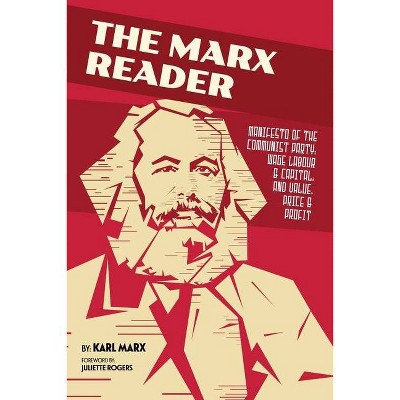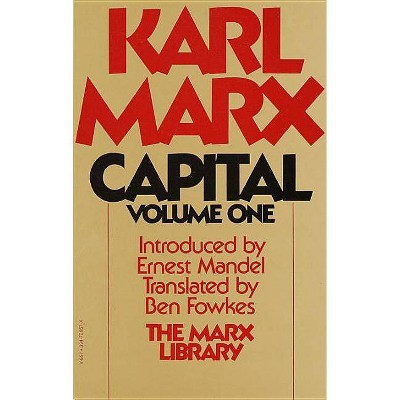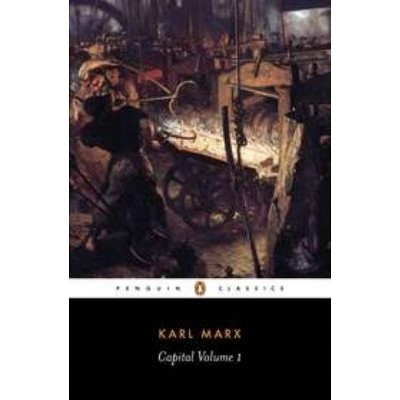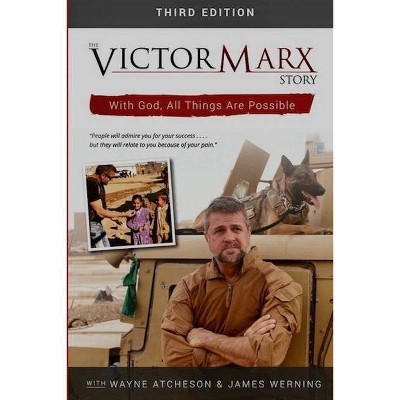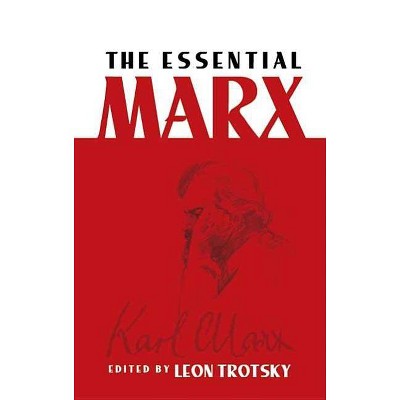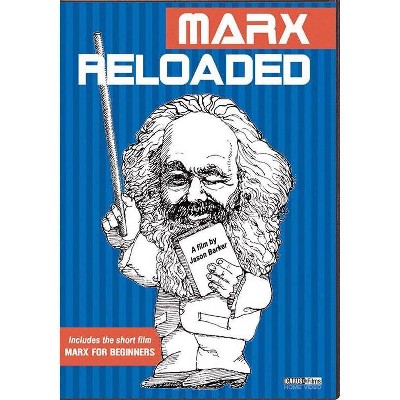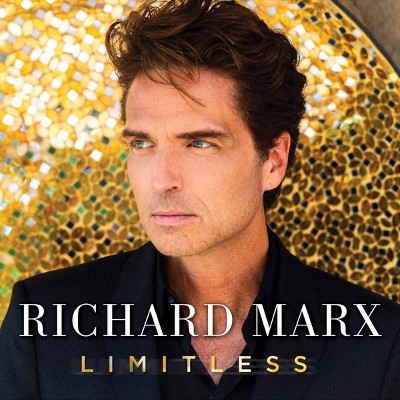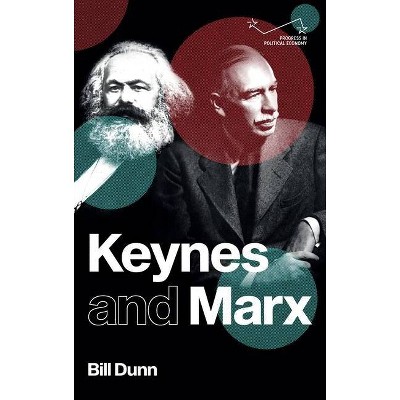Marx After Marx - by Harry Harootunian (Paperback)
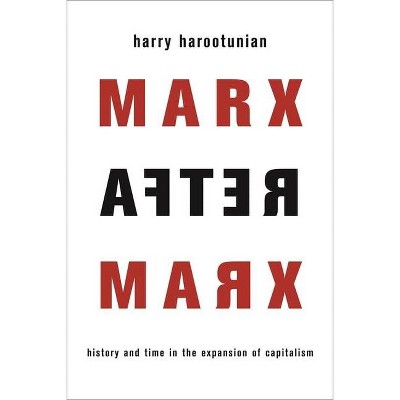
Similar Products
Products of same category from the store
AllProduct info
<p/><br></br><p><b> About the Book </b></p></br></br>Revisiting Marx's seminal conception of capital and production to better critique our diverse global economies.<p/><br></br><p><b> Book Synopsis </b></p></br></br><p>In <em>Marx After Marx</em>, Harry Harootunian questions the claims of Western Marxism and its presumption of the final completion of capitalism. If this shift in Marxism reflected the recognition that the expected revolutions were not forthcoming in the years before World War II, its Cold War afterlife helped to both unify the West in its struggle with the Soviet Union and bolster the belief that capitalism remained dominant in the contest over progress.</p><p>This book deprovincializes Marx and the West's cultural turn by returning to the theorist's earlier explanations of capital's origins and development, which followed a trajectory beyond Euro-America to Asia, Africa, and Latin America. Marx's expansive view shows how local circumstances, time, and culture intervened to reshape capital's system of production in these regions. His outline of a diversified global capitalism was much more robust than was his sketch of the English experience in <em>Capital</em> and helps explain the disparate routes that evolved during the twentieth century. Engaging with the texts of Lenin, Luxemburg, Gramsci, and other pivotal theorists, Harootunian strips contemporary Marxism of its cultural preoccupation by reasserting the deep relevance of history.</p><p/><br></br><p><b> Review Quotes </b></p></br></br><br>Harry Harootunian is singularly qualified to give us a Marxism adequate to the conditions of a genuine 'world' (as against a Hegelian 'universalist') history in a global age. The Marx who emerges from this book is a nuanced, empirical, and genuinely historical thinker instead of the pseudo-scientific 'philosopher of history' met with in textbook accounts of Western Marxism.--Hayden White, University of California, Santa Cruz<br><br>This is a landmark study within Marxist thought. Drawing largely on Marx's later works for its conceptual tools and theoretical method, <i>Marx After Marx</i> analyzes how different regions under differing circumstances cast a plurality of developmental forms all under the general code of capitalist accumulation.--Michael Dutton, author of <i>Policing Chinese Politics: A History</i><br><p/><br></br><p><b> About the Author </b></p></br></br>Harry Harootunian spent most of his career teaching history and East Asian studies at the University of Chicago, where he is Max Palevsky Professor of History Emeritus. He is now adjunct senior research scholar at the Weatherhead East Asian Institute, Columbia University, where he teaches a graduate course. He has published on various periods of Japan's intellectual and cultural history and on questions of Marxism and historical writing. He is also the author of <i>History's Disquiet: Modernity, Cultural Practice, and the Question of Everyday Life</i> and <i>Overcome by Modernity: History, Culture, and Community in Interwar Japan</i>.
Price History
Price Archive shows prices from various stores, lets you see history and find the cheapest. There is no actual sale on the website. For all support, inquiry and suggestion messages communication@pricearchive.us
